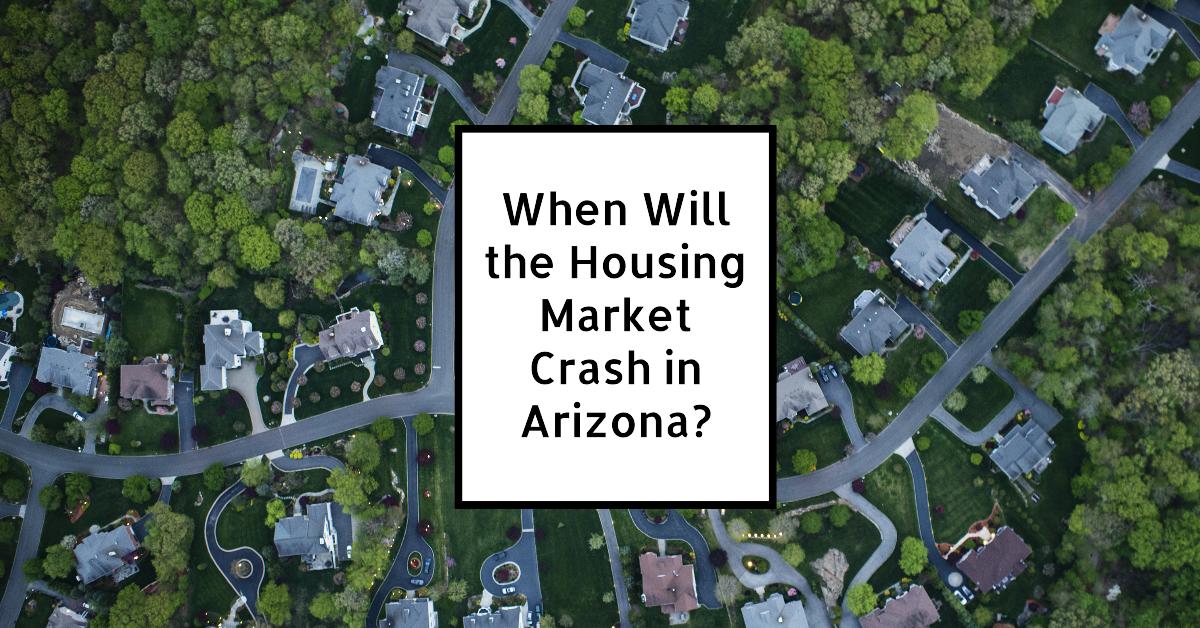T
he Arizona housing market is a topic of much speculation and concern for homeowners, prospective buyers, and real estate investors. While a market crash may not be imminent, many experts suggest that the market is experiencing a period of stagnation or correction. This analysis will explore the current state of the Arizona housing market, examine expert opinions, and highlight key indicators to help understand the dynamics at play.
Key Takeaways:
* Home prices in Arizona have stabilized after significant increases over the past few years.
* High interest rates are expected to remain elevated, impacting buyer accessibility.
* Expert forecasts indicate a correction phase rather than a severe market crash.
* Demographic shifts, including continued migration to Arizona, sustain demand but exacerbate affordability issues.
* Investors are reassessing their strategies in light of market conditions, impacting housing supply and demand.
The current Arizona housing market is characterized by an uneasy balance. Unlike the 2007-2008 financial crisis, today's environment showcases more stability. Experts predict that home prices will stabilize as the market cools down. Over the last year, many regions in Arizona have seen fluctuations, particularly in cities like Phoenix, where sales figures and prices have varied.
Understanding economic indicators is crucial to predicting the housing market's trajectory. Interest rates heavily influence buyer sentiment and purchasing power. With mortgage rates forecasted to remain above 6% throughout 2024, buyers face steep financial hurdles when attempting to enter the market. Rising costs generally lead to reduced demand, which can catalyze price corrections.
Another critical factor is employment growth in sectors like technology and healthcare. As residents move to Arizona for work, demand for housing remains strong. However, such growth must be balanced against local economic performance and wage increases. If wages do not keep pace with rising housing prices, the result will likely be a further limitation on affordability, leading to eventual stagnation in demand.
Expert analyses suggest that the consensus is moving away from predictions of a sudden crash. While high interest rates and elevated home prices have strained buyer efforts, a substantial market collapse is not on the horizon. Instead, we might witness gradual pricing adjustments.
The influx of new residents into Arizona represents a powerful driver of demand for housing. Many people are relocating to this sun-soaked state from higher-cost areas like California, drawn by lower taxes and a more favorable climate. However, rapid population growth also exacerbates the problem of affordability. The realities of supply and demand indicate that if demand skyrockets without a corresponding amount of housing stock, prices will inevitably be pushed higher.
Real estate investors have historically driven market growth, but recent trends show a shift in their strategies. A decline in investor interest can signal a cooling market. As noted in reports from ABC 15, there has been a noticeable uptick in homes being sold at a loss among investors, which often points to difficulties in the market.
In conclusion, understanding the intricacies of Arizona's housing market requires a commitment to understanding these varied dynamics. The locale's demographics remain a critical component of its sustained demand, even as economic conditions fluctuate. While many buyers may feel frustrated by current market dynamics, it is crucial to look beyond immediate circumstances to see the bigger picture. Forward-looking forecasts suggest that while a major crash is unlikely in the immediate term, the market will go through corrections and adjustments.














